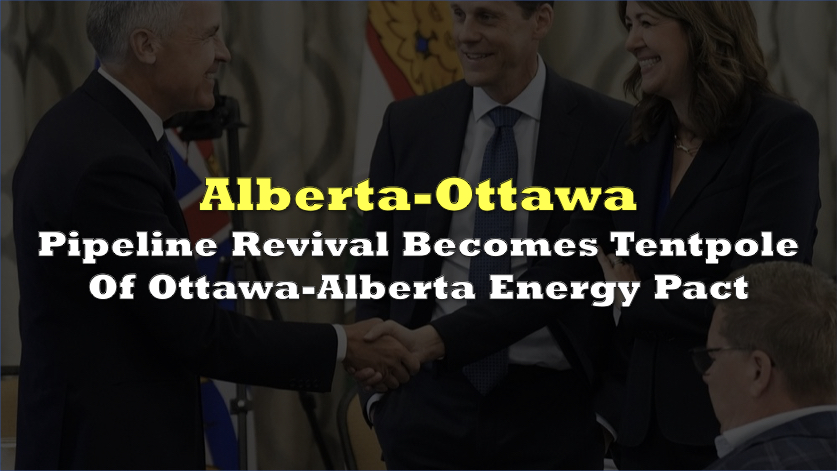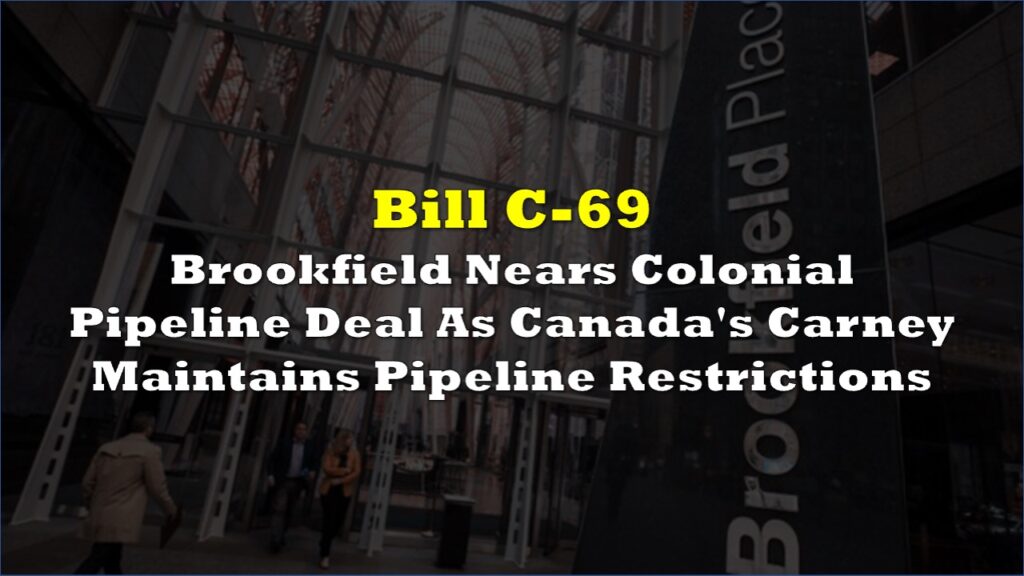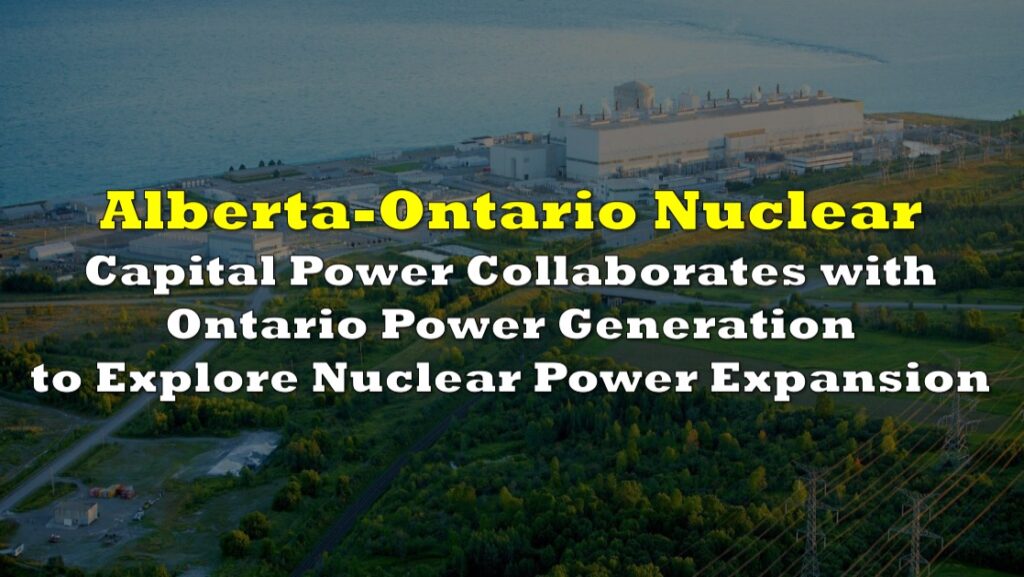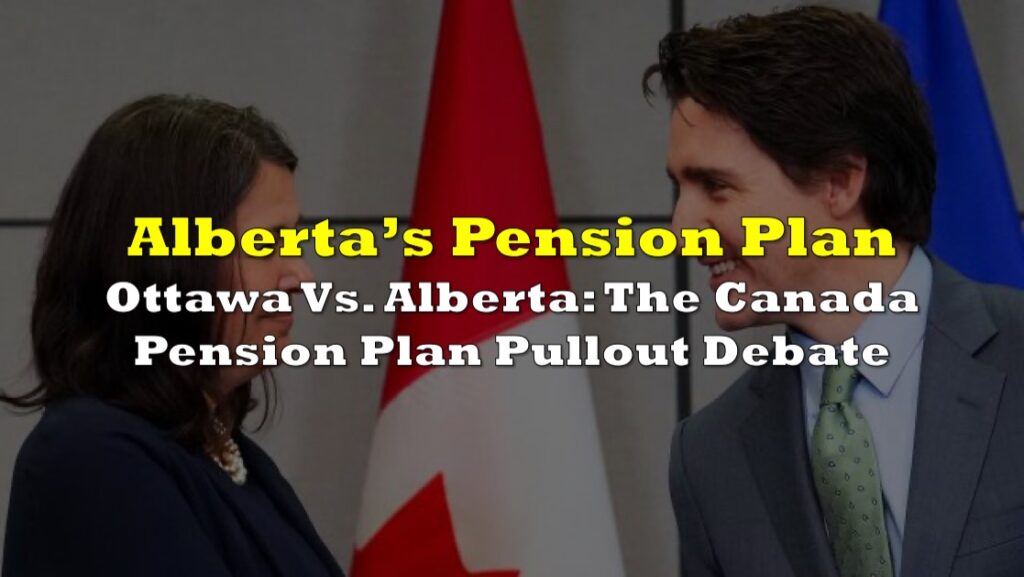A new memorandum of understanding between Ottawa and Alberta outlines a tentative path for a bitumen pipeline to the northwest BC coast while leaving core legal, environmental, and political obstacles unresolved.
Alberta Premier Danielle Smith has secured a “yes” after weeks of signalling that a binary decision from Ottawa was imminent, with Prime Minister Mark Carney now “on board” and expected in Calgary for a joint announcement. The agreement sets out a framework for a bitumen line to the coast, where tankers would move Alberta product to Asian buyers, and arrives just ahead of the United Conservative Party annual meeting in Edmonton.
Smith has framed the talks around three issues that must be baked into any deal: the bitumen pipeline itself and the federal processes that would govern it; the “lion’s share” of what she has branded “the nine bad laws” that investors blame for delayed projects and fleeing capital; and the Liberal era cap on oil and gas emissions, which she has treated as a non starter in the context of her push for higher production volumes.
NEWS IS MOVING FAST. TRIPLE CONFIRMED. Go time! Danielle Smith and Mark Carney agree to a pipeline deal https://t.co/XXk33n7UlK via @calgaryherald #ableg #abpoli #yyc #cdnpoli #canpoli #Alberta
— rick bell (@RickBellwrites) November 22, 2025
The memorandum is expected to contain language around a path forward for the pipeline while requiring Alberta, as project proponent, to conduct the necessary Indigenous consultation and negotiate directly with the BC government. Federal officials say Carney is prepared to consider the project under those conditions and within the broader framework of his nation building project list, where Smith wants the line fast tracked.
BC-sized roadblock
A major statutory roadblock remains the Trudeau era tanker ban off BC’s northern coast, which currently prohibits vessels laden with oil from docking at affected ports. Federal officials are weighing limited exemptions that would allow tankers tied to this pipeline to bypass the moratorium, potentially using powers under C-5, the One Canadian Economy Act, to carve out a project specific pathway.
Even if Ottawa opens the legal door, BC Premier David Eby is positioned as a central political obstacle. Eby has sharply attacked Smith’s proposal, dismissed her understanding of the file, and warned that the project could sabotage the BC government’s own infrastructure plans.
Financing remains another unresolved piece. No private proponent has recently stepped up to build a West Coast pipeline, a gap Alberta hopes to close by preparing and submitting a formal application to the federal Major Projects Office. The Smith government argues that reversing the chilling effect of the nine bad laws, easing the emissions policy pressure and clarifying tanker rules are preconditions for “private dough” to re enter the field.
Carbon policy is woven into the package through the Pathways carbon capture and storage initiative, which is designed to store emissions and help square higher production with climate targets. Details on how federal support or regulatory treatment of Pathways is integrated into the memorandum are still unknown, but Smith has consistently linked pipeline ambitions with a broader suite of carbon management tools.
Politically, the timing gives Smith a visible federal win ahead of a UCP gathering where members are known to be vocal and where a constituency that includes Alberta independence advocates will scrutinize the fine print.
Information for this story was found via CBC, Calgary Herald, and the sources and companies mentioned. The author has no securities or affiliations related to the organizations discussed. Not a recommendation to buy or sell. Always do additional research and consult a professional before purchasing a security. The author holds no licenses.









